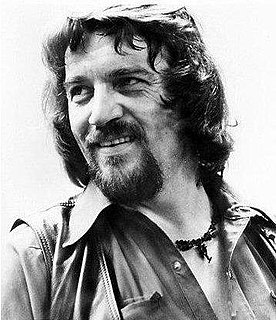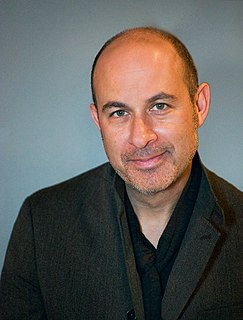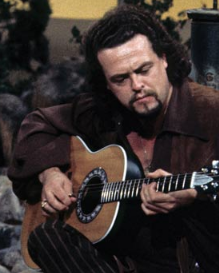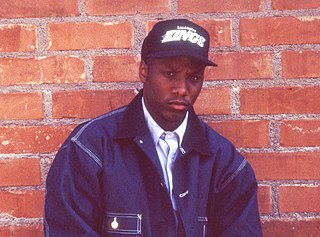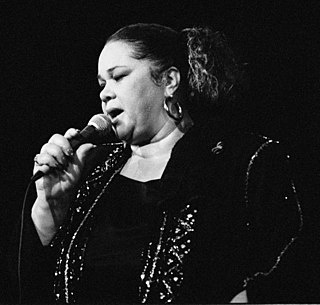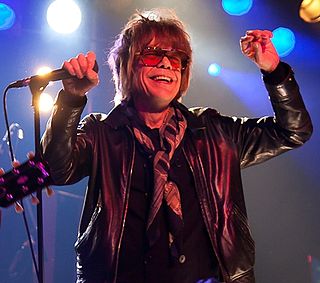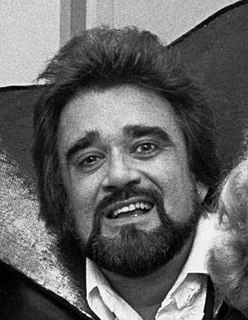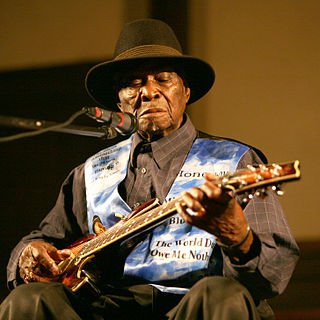A Quote by Waylon Jennings
I've always felt that blues, rock 'n' roll and country are just about a beat apart.
Related Quotes
No matter what though, there's always rock & roll. There's rock 'n' roll in hip-hop, there's rock & roll in pop music, there's rock 'n' roll in soul, there's rock 'n' roll in country. When you see people dress and their style has an edge to it, that rebellious edge that bubbles up in every genre, that's rock & roll. Everybody still wants to be a rock star.
There's rock n' roll in hip-hop, there's rock n' roll in pop music, there's rock n' roll in soul, there's rock n' roll in country. When you see people dress, and their style has an edge to it, that rebellious edge that bubbles up in every genre, that's rock n' roll. Everybody still wants to be a rock star, you know?
I have absolutely no interest in rock and roll. I'm just being David Bowie. Mick Jagger is rock and roll. I mean, I go out and my music is roughly the format of rock and roll, I use the chord changes of rock and roll, but I don't feel I'm a rock and roll artist. I'd be a terrible rock artist, absolutely ghastly.
If you were to talk to somebody from Georgia you would understand what he's saying, he wouldn't sound like your next-door neighbor in Montana, but other than that it's the same language, just with a few little different nuances. That's just like country and blues, or blues and rock 'n' roll. They're the same music with different accents.
And a lot of the technique and the little T-Bone phrases that define his style, Chuck Berry, when he rearranged the beat, they became rock 'n roll guitar licks. So in essence, T-Bone was not only the first electric blues guitar player, but he was the first electric rock 'n roll guitar player, really.
